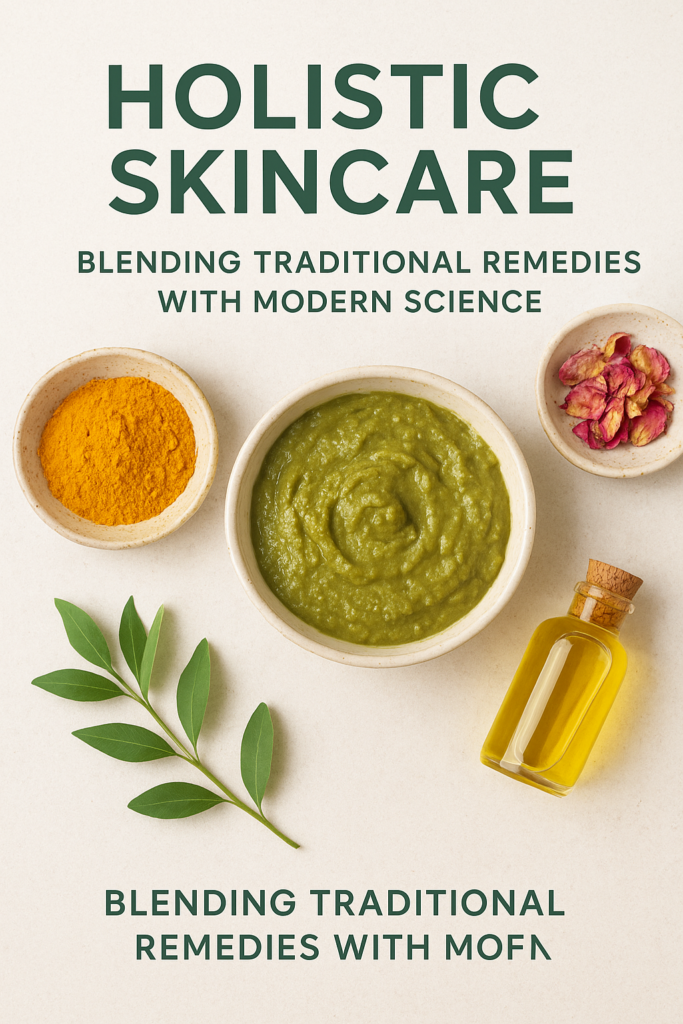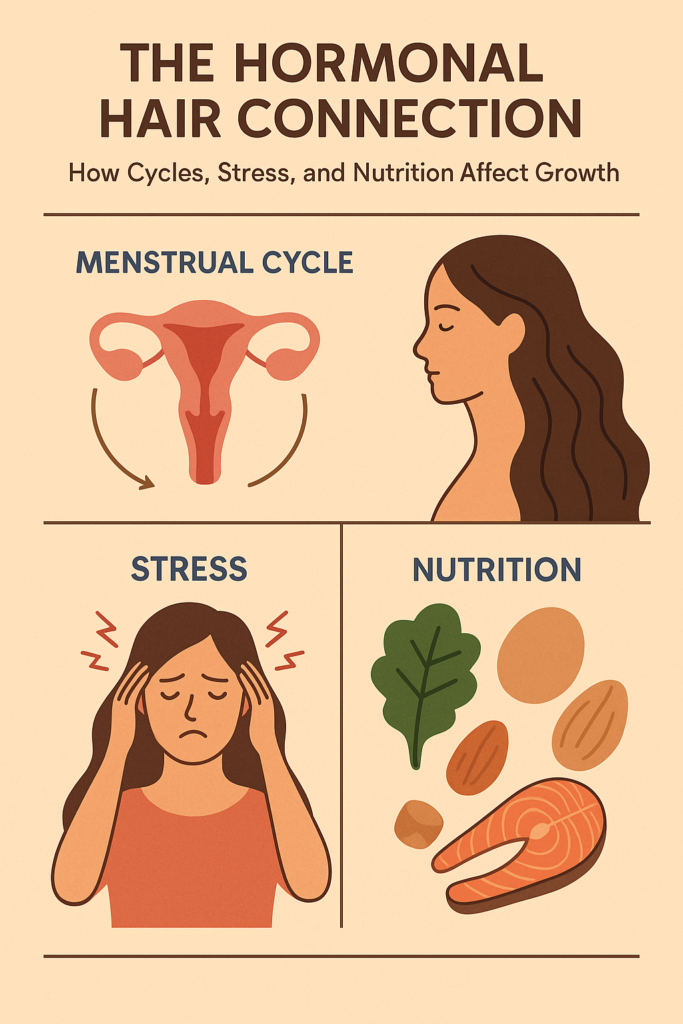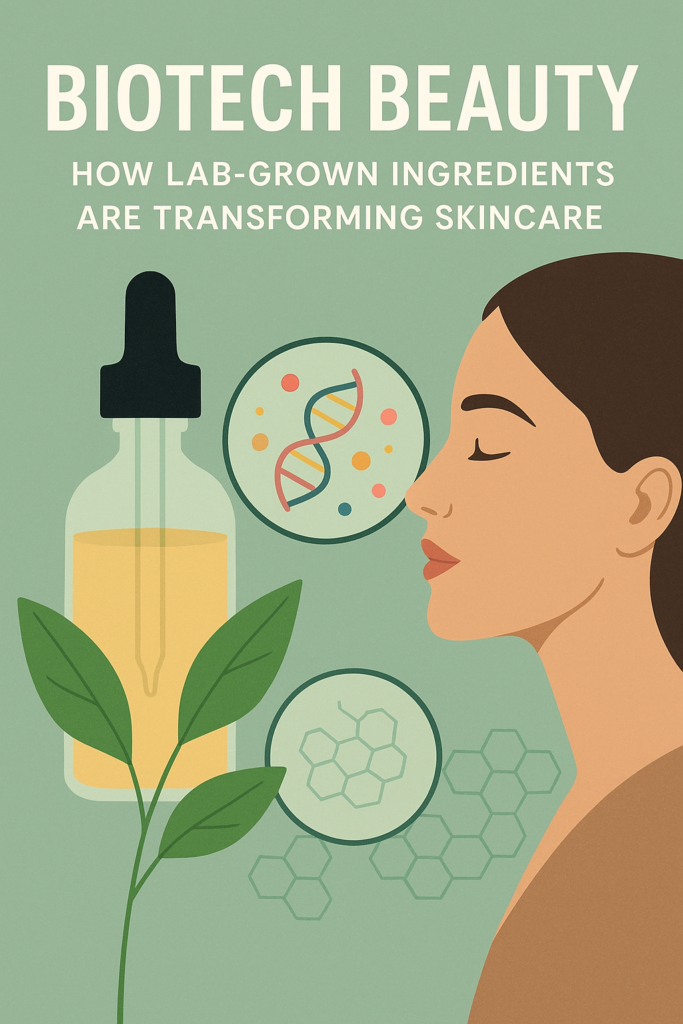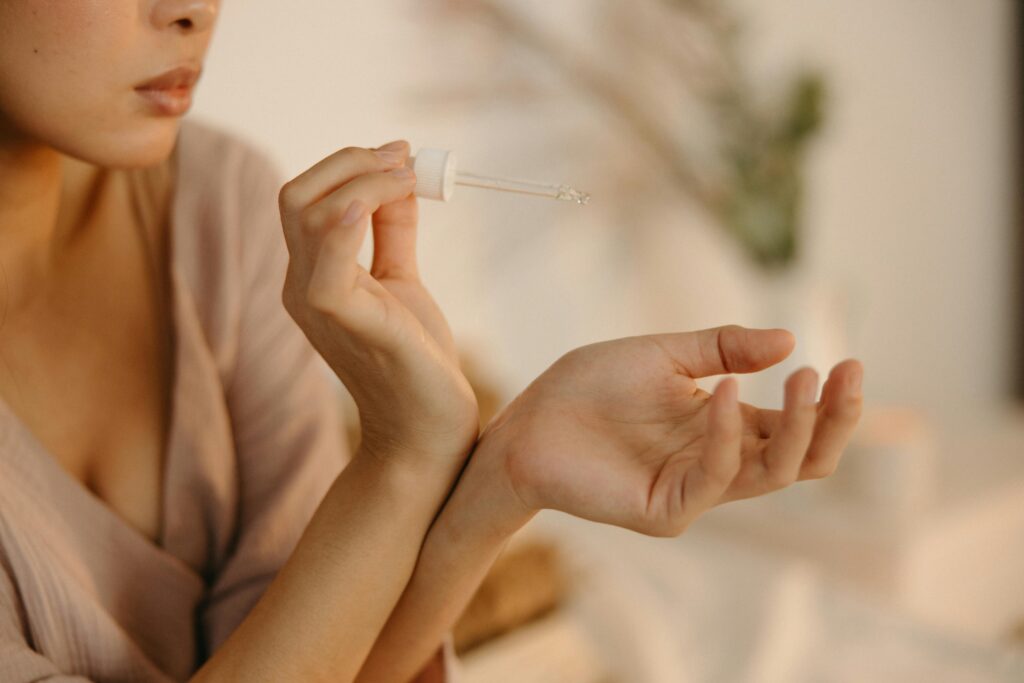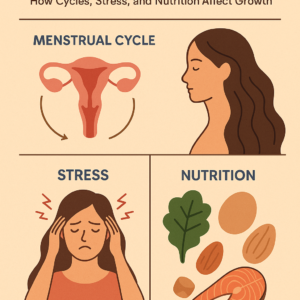DIY Rice Water and Fermented Rinses – Do They Really Work for Hair Strengthening?
In the quest for longer, stronger, and healthier hair, natural remedies have taken center stage — and none have captured global fascination quite like rice water. A centuries-old beauty secret from East Asia, rice water and other fermented rinses have found new life on TikTok, YouTube, and haircare blogs. But does this viral trend actually work? And if so, how can you incorporate it into your routine safely and effectively?
In this comprehensive guide, we’ll explore the history, science, benefits, risks, and best practices behind DIY rice water and fermented rinses for hair strengthening — plus exclusive tips and recipes to maximize results.
1. The Ancient Origins of Rice Water Hair Treatments
The earliest records of rice water use come from the Heian period (794 to 1185 CE) in Japan, where women were famed for their extraordinarily long, floor-length hair, known as “suberakashi.” These women bathed their hair daily in Yu-Su-Ru — the water left over from washing rice.
Similarly, the Yao women from the village of Huangluo in China (dubbed the “Long Hair Village”) still use fermented rice water to maintain their famously long, shiny, and gray-free hair well into old age.
Clearly, rice water has historical backing — but what about scientific proof?
2. What’s Actually in Rice Water?
Rice water is rich in a variety of nutrients known to benefit hair health:
- Amino acids: Building blocks of protein, essential for hair strength and repair.
- B Vitamins (especially B1, B2, B3): Improve overall hair resilience.
- Vitamin E: A powerful antioxidant that protects hair follicles.
- Minerals: Magnesium, zinc, and selenium that support scalp health.
- Inositol: A carbohydrate molecule that can repair damaged hair and protect it from future damage, according to a study by the International Journal of Cosmetic Science.
When fermented, rice water’s nutrient profile becomes even more potent — beneficial bacteria break down the starches and release more antioxidants, vitamins, and proteins.
3. Fermented vs. Fresh Rice Water: Which Is Better?
| Fresh Rice Water | Fermented Rice Water | |
|---|---|---|
| Preparation Time | Quick (minutes) | Longer (12-48 hours) |
| Smell | Mild | Strong, sour smell |
| Nutrient Content | Good | Higher concentration of antioxidants and beneficial acids |
| Hair Benefits | Hydration, basic strengthening | Deeper repair, enhanced shine, scalp balancing |
Verdict:
If you can handle the stronger smell, fermented rice water tends to deliver superior results due to its richer nutrient profile and scalp-balancing properties.
4. How Rice Water Works on Hair
Rice water creates a protective coating around the hair shaft, reducing surface friction and increasing elasticity. Inositol penetrates damaged hair and repairs it from the inside out, even after rinsing. Regular use can:
- Decrease hair breakage
- Improve hair texture
- Enhance shine
- Support hair growth over time (indirectly, by improving scalp and strand health)
However, scientific studies are limited, and most evidence is anecdotal — meaning it works for many people but not universally.
5. How to Make DIY Rice Water at Home (Two Methods)
Fresh Rice Water (Quick Method)
Ingredients:
- ½ cup uncooked organic white rice
- 2-3 cups distilled water
Instructions:
- Rinse rice thoroughly to remove impurities.
- Place rice in a bowl and cover with water.
- Swirl and soak for 30 minutes.
- Strain and collect the milky water.
- Store in a clean container in the fridge (use within 2-3 days).
Fermented Rice Water (Stronger Method)
Ingredients:
- Same as above
Instructions:
- After collecting the rice water, leave it at room temperature for 24–48 hours until it develops a sour smell.
- Refrigerate after fermentation.
- Dilute with fresh water before use (1:1 ratio) to prevent protein overload.
6. How to Use Rice Water for Hair Strengthening
- After Shampooing: Use rice water as a final rinse after shampooing and before conditioning.
- As a Hair Mask: Soak hair in rice water for 15–30 minutes, then rinse out.
- As a Scalp Treatment: Massage into scalp for 5 minutes to stimulate circulation and nourish follicles.
- Frequency: Start with once a week. Increase to twice weekly if your hair responds well.
7. Common Mistakes to Avoid
- Overusing: Daily use can lead to protein overload, making hair brittle.
- Not diluting: Especially fermented rice water should be diluted to avoid drying out hair.
- Ignoring hair type: Fine or low-porosity hair may be more sensitive.
- Not checking for allergies: Always do a patch test first.
8. Real-Life Results: What People Are Saying
Many users report:
- Noticeable reduction in breakage within 2-4 weeks
- Hair feeling stronger, shinier, and smoother
- Fuller-looking hair due to less shedding
However, others have experienced:
- Dryness and stiffness
- Increased tangling
- Scalp irritation (rare)
Tip: Listen to your hair — if it feels dry, scale back frequency or dilute more heavily.
9. Exclusive Pro Tips for Maximum Benefits
- Add essential oils: Lavender or rosemary oil can mask the fermented smell and boost scalp health.
- Boost fermentation: Add a teaspoon of aloe vera or a probiotic capsule to the fermentation jar.
- Mix with green tea: For additional antioxidant protection against hair aging.
- Use a spray bottle: Easier and more even distribution during application.
- Low-heat drying: Let hair air-dry after a rice water rinse to lock in nutrients without heat damage.
10. Beyond Rice Water: Other Fermented Rinses for Hair Strength
If you love rice water, consider exploring:
- Fermented barley water: High in selenium and antioxidants.
- Fermented black tea rinse: Great for scalp detox and shine.
- Kombucha hair rinse: Loaded with probiotics for scalp health.
- Fermented herbal teas: Like rosemary or chamomile for added benefits.
11. Final Verdict: Does Rice Water Really Work?
For many, rice water is an affordable, natural way to strengthen hair, promote shine, and minimize breakage. While it’s not a miracle cure for severe hair loss or thinning, it can absolutely enhance the overall quality and resilience of your hair when used properly.
Key Takeaways:
- Fermented rice water offers the most benefits but needs careful use.
- It’s a powerful addition, not a replacement, for a balanced haircare routine.
- Consistency and patience are essential — results typically appear after 4–8 weeks of use.
Conclusion
The popularity of rice water and fermented rinses proves that sometimes, ancient beauty secrets hold timeless wisdom. With the right technique, awareness, and consistency, you can tap into the natural power of simple grains and reap big rewards for your hair health.
Give rice water a try — your strands might just thank you for it!
Holistic Skincare
Holistic Skincare – Blending Traditional Remedies with Modern Science In the ever-evolving world of beauty,…
A Conexão Capilar Hormonal
The Hormonal Hair Connection – How Cycles, Stress, and Nutrition Affect Growth Hair is often…
Biotech Beauty – How Lab-Grown Ingredients Are Transforming Skincare
The Rise of Biotech in the Beauty World In recent years, the beauty industry has…
Natural Fragrance Oils vs. Synthetic Perfumes
Natural Fragrance Oils vs. Synthetic Perfumes – What’s Better for Your Skin? Perfume is often…
Herbal Face Steaming Rituals from Around the World
Herbal Face Steaming Rituals from Around the World – Detox, Relax, Glow In today’s fast-paced,…
The Crystal Skincare Trend – Beauty Tools Charged with Energy
In the ever-evolving world of beauty and wellness, a fascinating trend is capturing the attention…
Forest Beauty
Forest Beauty – How Nature-Based Rituals Like Shinrin-Yoku Enhance Skin and Mood In an age…
DIY Rice Water and Fermented Rinses
DIY Rice Water and Fermented Rinses – Do They Really Work for Hair Strengthening? In…
Caffeine for Hair Growth
Caffeine for Hair Growth – What the Science Says and How to Use It In…
Hair Loss After COVID
Hair Loss After COVID – Understanding Telogen Effluvium and How to Treat It Hair loss…
The Rise of Ayurvedic Hair Care in the U.S.
The Rise of Ayurvedic Hair Care in the U.S. – Herbs and Rituals for Stronger…
Scalp Health Is the New Skincare
Scalp Health Is the New Skincare – Treatments That Start at the Root In the…
The Retinol Revolution
The Retinol Revolution – Gentle Alternatives for Sensitive Skin Without Sacrificing Results Retinol has long…
The Power of Probiotic Skincare
The Power of Probiotic Skincare – Balancing the Skin Microbiome Naturally The term “microbiome” has…
Blue Light and Your Skin
Blue Light and Your Skin – The Hidden Damage of Screen Exposure and How to…
Slugging 2.0
Slugging 2.0 – Advanced K-Beauty Hydration Technique That’s Taking Over TikTok Beyond Basic Slugging In…
The Rise of Skin Cycling
The Rise of Skin Cycling – How to Build a Rotating Skincare Routine for Maximum…
Reflexology and Its Effects on Health and Beauty
Healing Through the Feet – Reflexology and Its Effects on Health and Beauty In today’s…
Natural Remedies for Skin Spots
Natural Remedies for Skin Spots – Little-Known Alternatives That Really Work Skin spots, also known…
Therapeutic Tattoos
Therapeutic Tattoos – How Tattoos Can Help Boost Self-Esteem for People with Scars Scars tell…
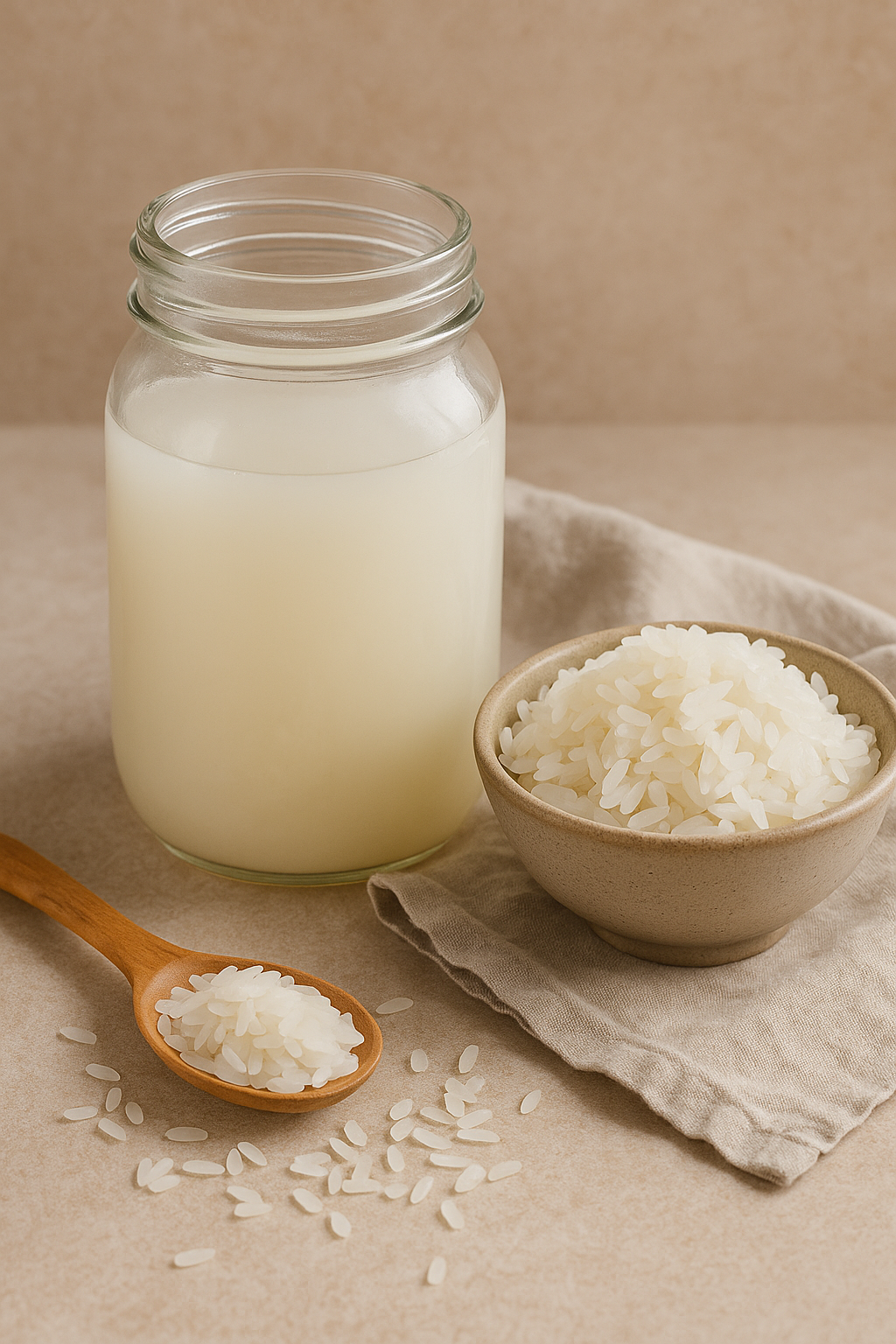
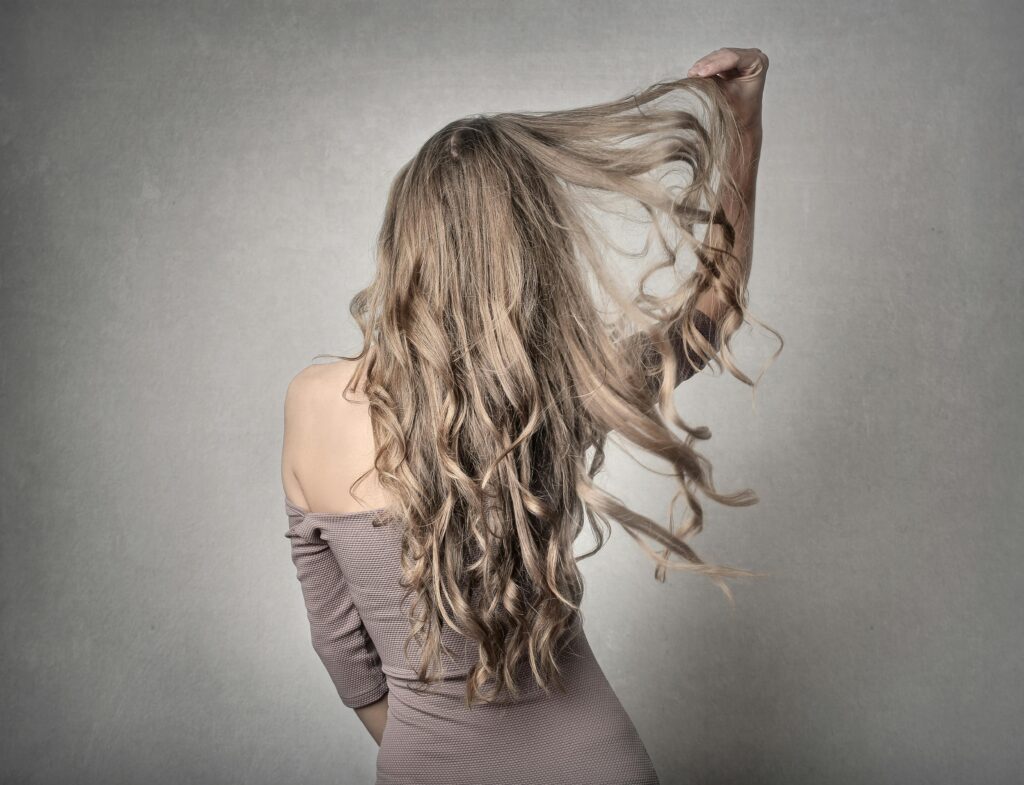
![img1-new [Nagano Tonic]](https://mugada.blog/wp-content/uploads/2025/02/img1-new.png)
